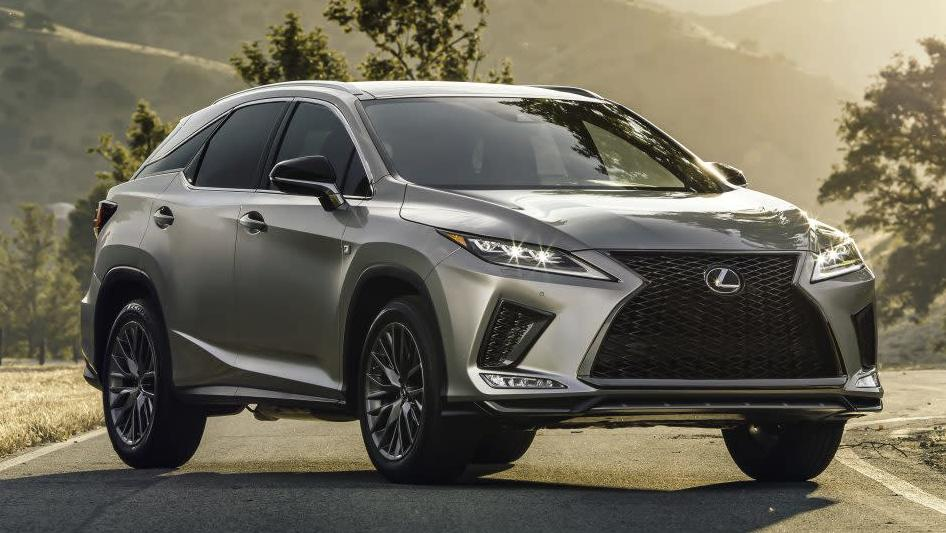Should I Still Get An Inspection On A Certified Pre-Owned Car?
This story was originally published on May 15, 2020
As Jalopnik's resident car buying expert and professional car shopper, I get emails. Lots of emails. I've decided to pick a few questions and try to help out. This week we are discussing getting inspections on certified used cars, managing dealers with marked-up accessories, and why used luxury cars aren't seeing the same price drop as regular cars.
This story was originally published on May 15, 2020
First up, is it still necessary to get a certified pre-owned car inspected?
This is my first time buying a used car (I'm coming off a lease and tired of the depreciation game), so I'm looking at CPOs. Specifically, a Lexus CPO and a BMW CPO. I know the rule of thumb is that a used car should be taken to a third-party mechanic to be checked out before a purchase, but is that still applicable to CPOs? And if so, is there a polite/non-offensive way to explain that, sure that 300-point checklist is great, but I still want a 2nd opinion?
Having a used car inspected is almost always good idea but as to whether or not that is critical on a certified pre-owned car depends on the circumstances. Generally speaking, luxury car brands tend to be better about filtering the good from the bad with their certified-pre owned process, but sometimes corners do get cut and cars get stamped as "certified" that maybe should not have qualified. I handled a case where a "certified" BMW 3 Series needed new pads and rotors and that information would not have been known to the client without the inspection.
That being said, a lot of luxury car dealers selling a CPO car may stand firm on the fact that the car does meet the manufacturer standard and has a warranty balance so they may not be as accommodating in taking the car somewhere else for an inspection. If you meet this resistance a backup plan could be to use one of the many remote inspection services that will send a technician to the dealer for the inspection process.
Next up, what is the best way to manage dealers in a certain region who all seem to tack on a bunch of overpriced accessories?
So my wife is looking at buying another Toyota (probably a hybrid Highlander). When we bought her Rav4 5 years ago, I learned about Southeast Toyota and the giant monopoly they have across the region. Due to this monopoly of theirs, almost every single desirable Toyota comes with a few hundred dollars worth of useless port installed options (cloth protection, glorified wax job, VIN etching, etc.). Not to mention that almost every dealer down here (Miami) charges a "dealer fee" that ranges from $400 to $800 or so. Last time I was able to haggle the price of her vehicle down to a price we were happy with. I'd rather avoid this.
So to my point, would we be better off getting local dealer to drop the price enough to offset the extras ($599 port installed options, another $500 in dealer fees) or try to work with an out of state dealer and paying whatever it is they charge to bring the vehicle down to us?"
The Southeast region is a frustrating area to shop for a car. As you said, a lot of dealers charge really high dealer fees and load up their cars with overpriced accessories. Again this is where it's important to focus on the total transaction price, or out the door number. For example, if you are shopping for a new Toyota with an MSRP of $40,000 and dealer A has a bunch fo fees and add-ons but their out the door number is $38,000 and dealer B doesn't put all that extra junk in the quote but has an out the door number of $39,000, it's easy fo figure out who has the better deal.
You can certainly shop outside your region to see if you can find a better deal, but then you have to factor in your travel or transport costs to see if those off-set additional savings you get.
Lastly, why are used luxury cars not dropping as fast as the mainstream brands
I've been tracking used car prices for the past few weeks and I've seen some big drops on used Fords, Hondas, Kias etc...but I don't see the same happening with luxury cars like Audis and BMWs. Why is that?
There have been steady price adjustments to used luxury cars but they tend to be more incremental in nature compared to what is happening in the mainstream market. Furthermore, the non-luxury market is seeing a lot more impact on the wholesale side with rental car companies filing for bankruptcy along with a large volume of lease turn-ins.
The other factor is that the folks who buy mainstream cars are more likely to have felt a harder economic hit due to Covid-19 and therefore fewer of those buyers are in the market. While luxury car buyers, for the most part, may not have had a drastic income reduction or may have more spare cash to work with during these times.
Got a car buying conundrum that you need some assistance with? Email me at tom.mcparland@jalopnik.com!
